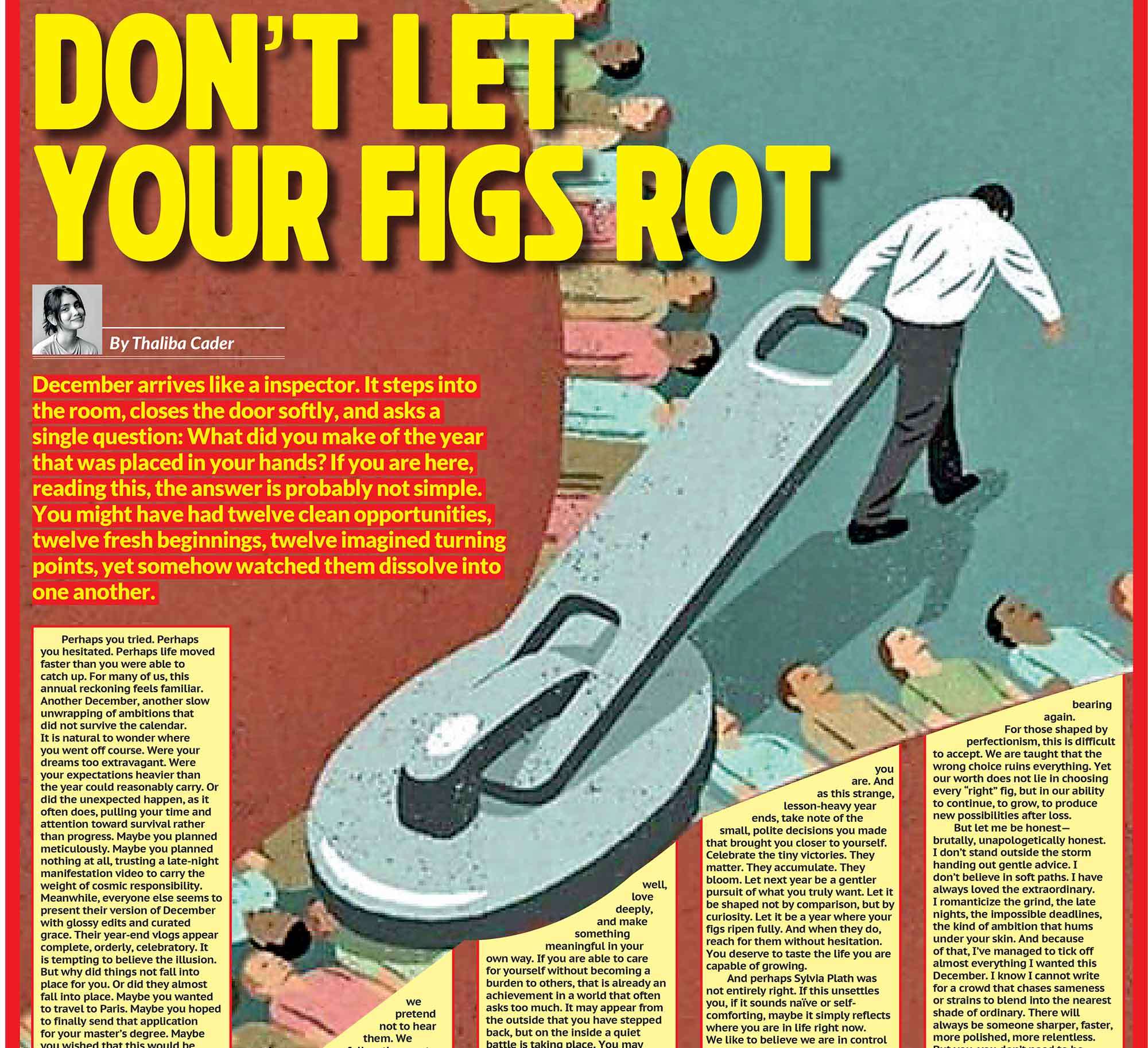
It usually starts with a sound, an almost invisible vibration that breaks into dinner, study, or that hazy space between sleep and waking. The phone, lying face down, insists you check it. A WhatsApp ping, a Slack message, a new DM on Instagram. Probably nothing urgent, right? A meme, maybe a silly reel your friend is always bugging you to watch, a reminder, a question that can definitely wait until morning. But what if it’s important? What if it can’t wait? That little sliver of doubt pulls you in. You check. You reply. And just like that, you’re tied once again by a single sentence to an endless web of expectations. No one’s telling you to mess up your work-life balance or policing your off-hours. But somehow, you can’t fully step away. That is the quiet trap of modern life. We are reachable all the time, but rarely really connected. The boundaries that once kept us safe, answering machines, office hours, being “out of range,” have disappeared. Now, someone somewhere is always waiting for your response.
For the generations before us, work ended when the office door closed. You took off your coat, logged out, went home. But now, the office lives in your pocket. That late-night Slack or WhatsApp message from your manager is hardly ignored, even when it comes with “No rush, reply tomorrow.” You see it. You write back. Your mind burns a little. That “tomorrow” has already crept into your night. And it is not just work. Family WhatsApp groups buzz with forwarded videos and check-ins. Friends send a running commentary of their evenings with snaps, memes, and half-finished thoughts. Your boyfriend tries calling right after you called him. Somewhere in the flood of notifications lies something important. Something that needs you right now. So, you check again, over and over. Availability is no longer a choice, it is default. Ignoring a message or delaying a reply feels like a tiny betrayal. Have they seen my message? Why haven’t they answered? Being unreachable is not just disappearing; it is risking letting someone down.

We fool ourselves into thinking this constant ping pong is intimacy. Aren’t we more connected than ever? But much of this chatter is fractured, shallow, anxious. Conversations do not come to a point. They are stretched out over hours, even days, sliced up by work, distractions, and competing conversations. A heartfelt message might trickle into an awkward emoji, a well-meaning sticker, or silence. Replies like “Couldn’t, I was spending some time alone” or “I just needed to eat by myself” turn into suspicious pauses in connection. It starts to feel like connection is mandatory. Psychologists say notifications set off our fight or flight instincts. Each buzz is a little spike of cortisol, screaming that something needs your attention right away. Even ignored, the sound echoes in your head. What did I miss? Who needs me now?
Of course, the platforms are designed to keep us hooked, playing on our curiosity and sense of duty. Read receipts and last seen timestamps turn private moments into public performances. Opening a message and not replying is no longer neutral; it means something. Sometimes it feels like an insult. Just being online means you are accountable.
What fades away in this constant buzz is real downtime, the kind of quiet moments where your mind wanders, daydreams float, and even boredom nudges in. The cost is subtle but real
Where older generations navigated social rules face to face, we are monitored digitally with metrics and timestamps as a form of social pressure. Ghosting is not just a dating fear anymore; it haunts friendships, work, and family. The anxiety is not just about a missed message but the judgment behind a delay. The demand to answer right away has warped how we think about time. Hours once free, commutes, late nights, solo walks, now crackle with digital interruptions. Each takes just seconds, but together they fracture your focus.

What fades away in this constant buzz is real downtime, the kind of quiet moments where your mind wanders, daydreams float, and even boredom nudges in. The cost is subtle but real. Without silence or space, the mind feels worn out by a low-level, unshakable tiredness.
There is irony here. The more available we are, the lonelier we feel. Presence has been flattened into being “on call” and on call has been mistaken for care. But care isn’t measured by speed. It is about attention, about patience, about holding someone’s words long after the ping disappears. Instead, we live in a world of constant interruption. A friend’s deep message arrives just as work demands a reply. You split your focus, give a half answer, promise to get back to it and too often, you never do. The conversation shatters into silence. Both sides are left wanting. This loneliness is not isolation. It is overcrowded silence without connection. We are surrounded but invisible. Spoken to but unheard.
And yet, quietly, many of us resist. Airplane mode and Do Not Disturb are shields of sanity. Some look back wistfully at the landline days when “I wasn’t home” was enough explanation. Others try digital Sabbaths, blocks of time deliberately phone-free. Even small acts, muting group chats, turning off read receipts, leaving the phone in another room, feel like tiny rebellions. They remind us that being available is not the same as being valued. That intimacy only lives where attention is freely given, not constantly demanded. What we long for beneath this exhaustion isn’t just privacy but permission. To disappear without explanation. To be unreachable without guilt. The loneliest part of always being online is not the endless noise but the absence of silence. True silence, the kind that accompanied a walk, a quiet night, a weekend away, has become rare. With it, something we cannot quite name is lost.
Maybe the boldest choice we can make is choosing absence. To let messages wait. To draw lines between work and rest, presence and solitude, connection and availability. Because to be human is not to be endlessly reachable. It is knowing when to speak and when to be still, when to show up, and when to gently, unapologetically, disappear.












